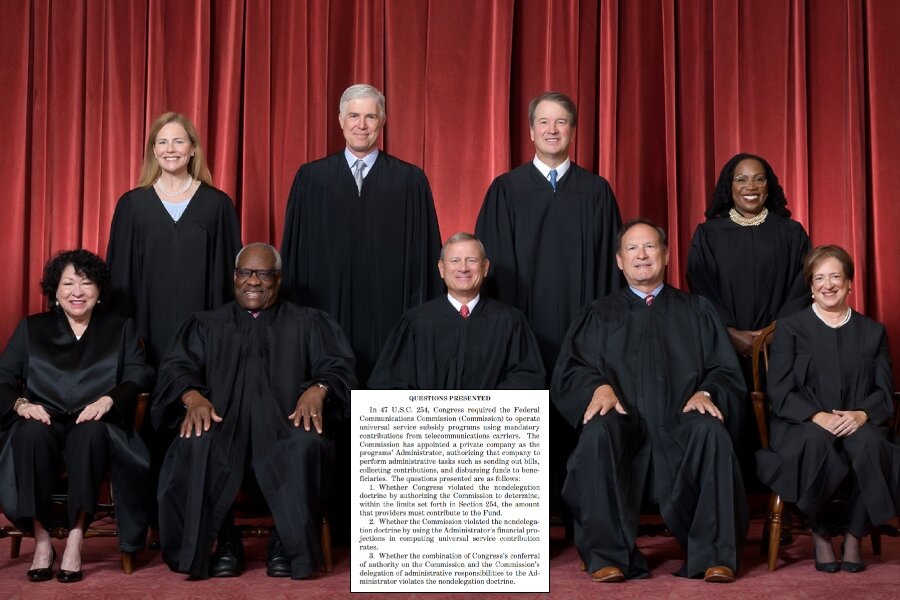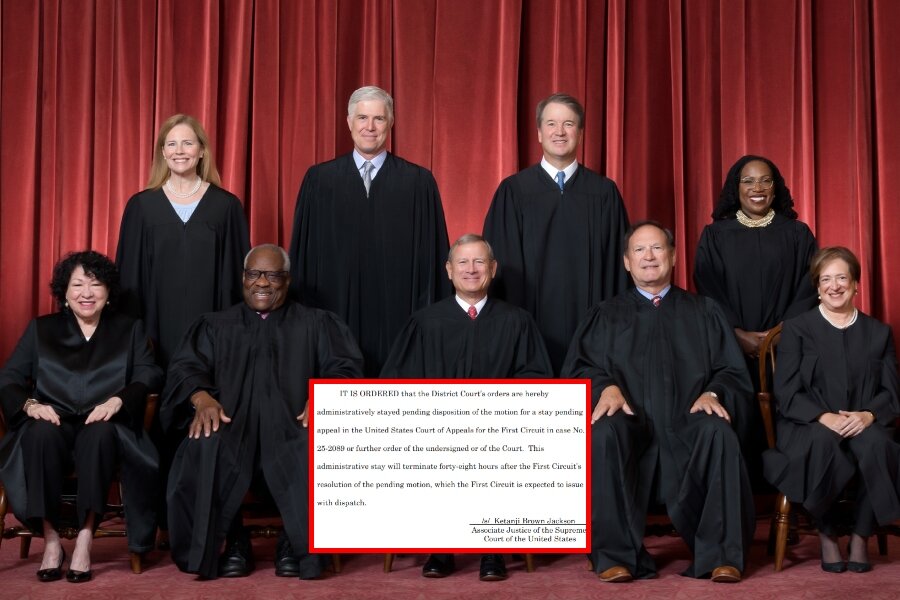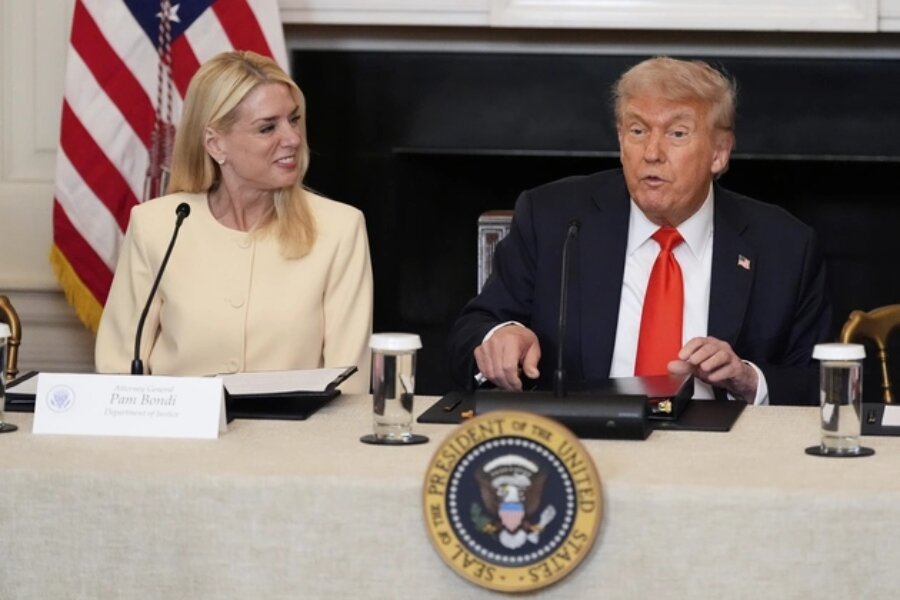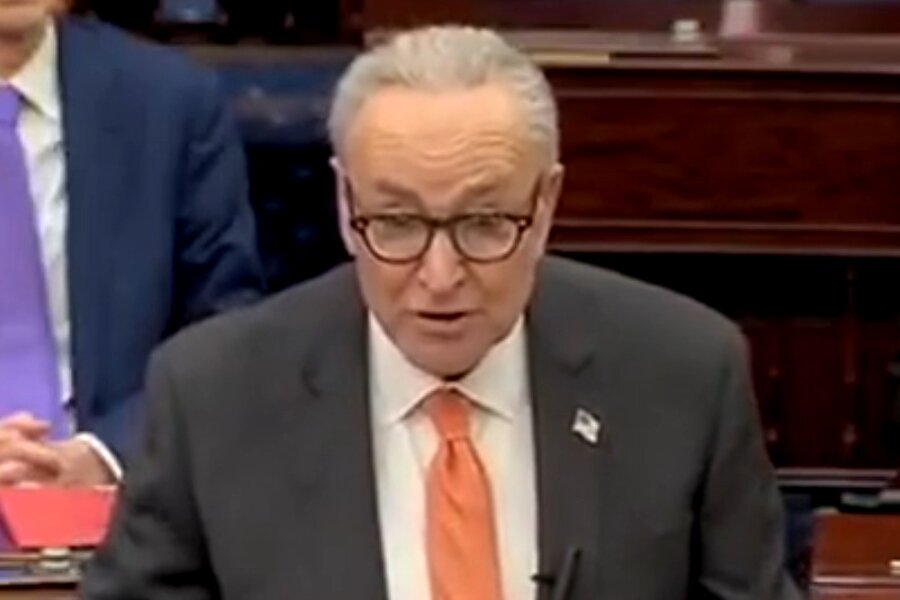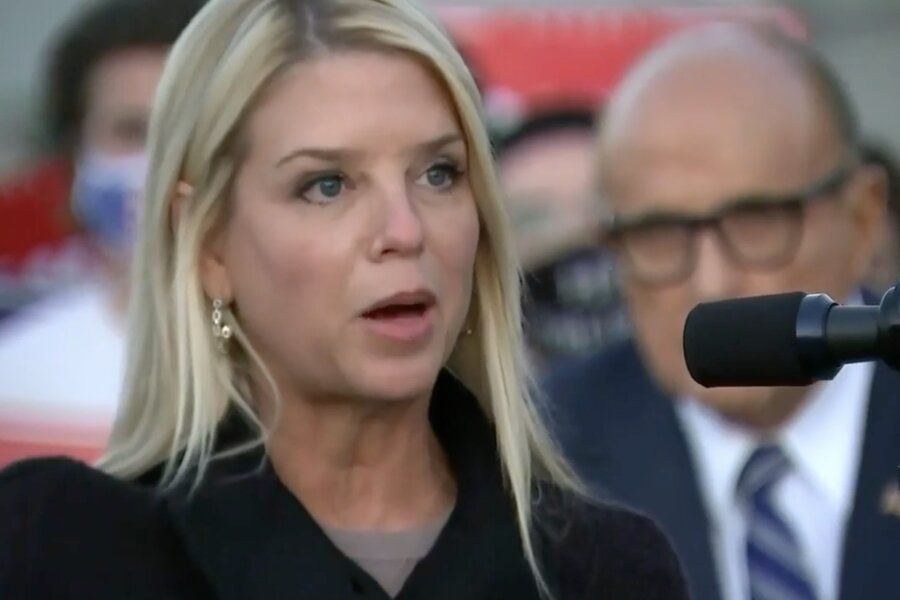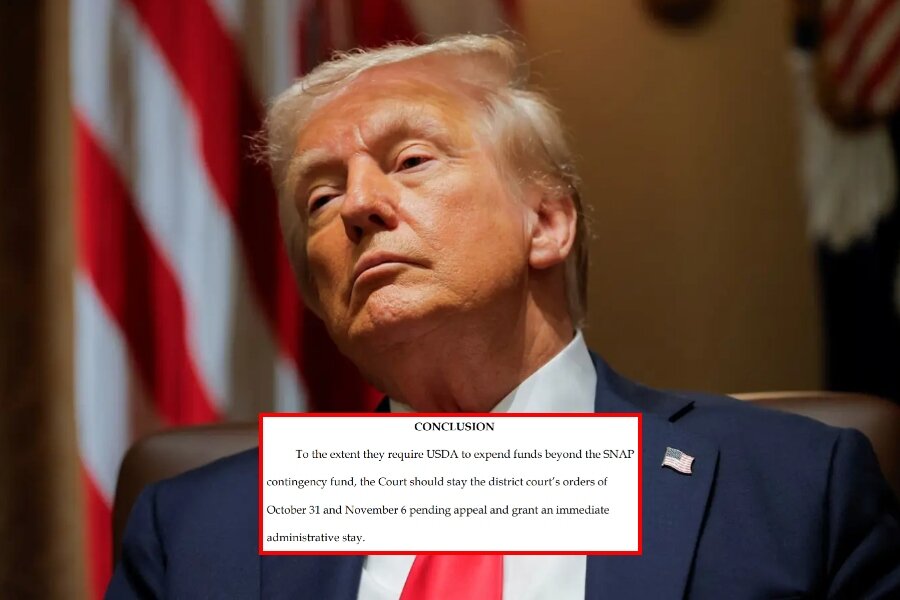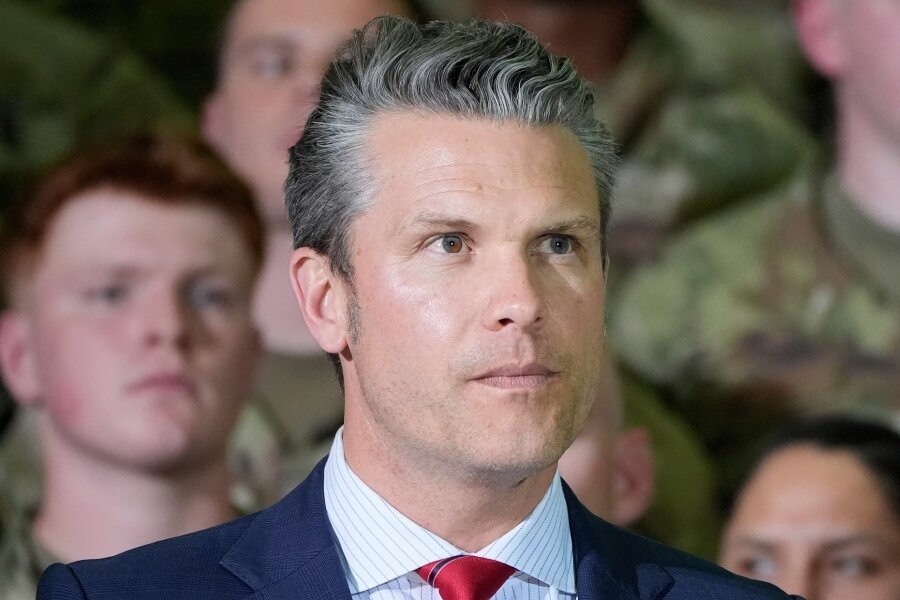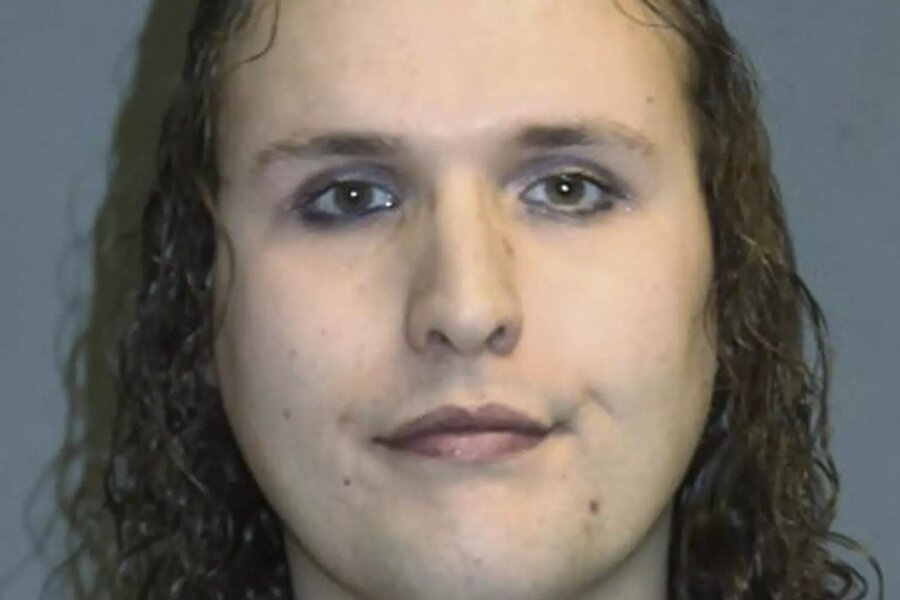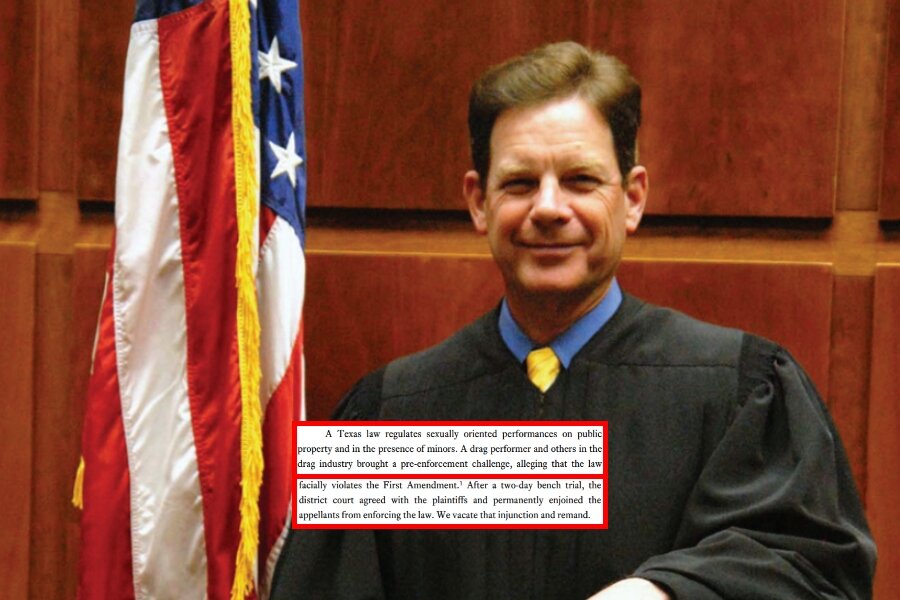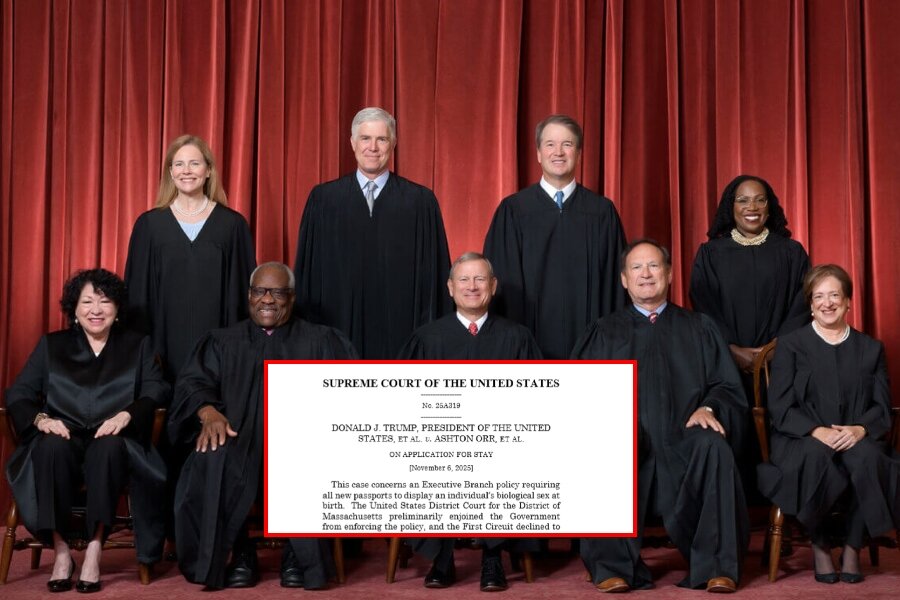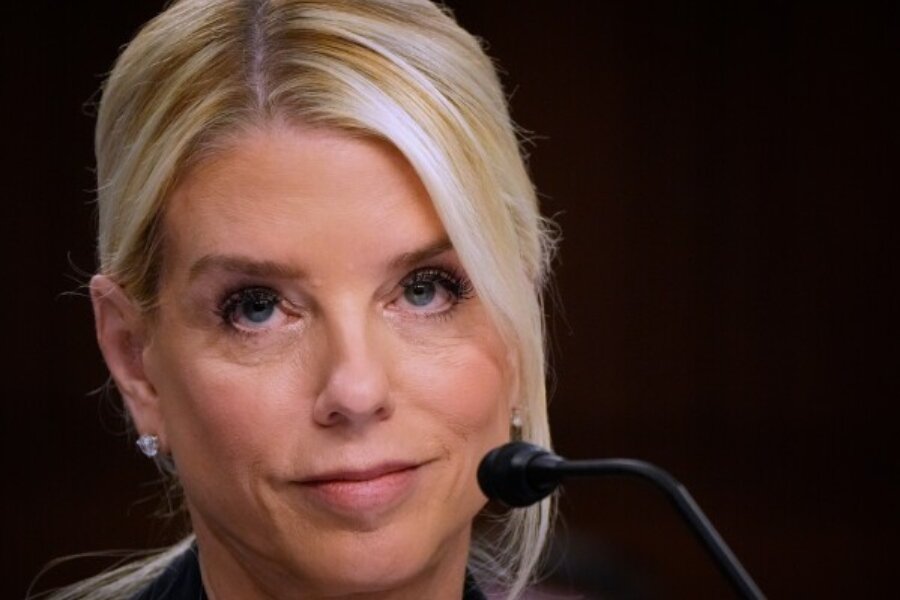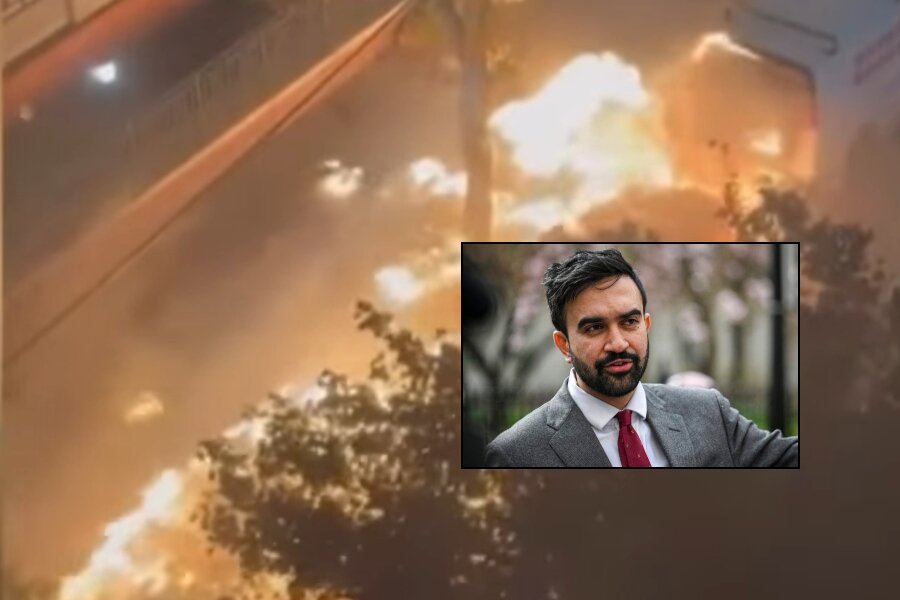The U.S. Supreme Court on March 26 considered whether it should uphold a lower court ruling that invalidated an $8-billion-a-year broadband subsidy for rural and low-income regions.
The case is actually two cases—Federal Communications Commission (FCC) v. Consumers’ Research, and SHLB Coalition v. Consumers’ Research.
On July 24, 2024, the U.S. Court of Appeals for the Fifth Circuit held that the Universal Service Fund was unconstitutional because it improperly took the taxing power away from Congress.
The fund was authorized by Congress in the Telecommunications Act of 1996 to provide subsidies for telecommunications services, including internet service, according to the FCC. The fund provides subsidies for telephone companies serving high-cost regions, low-income customers, rural health care providers, schools, and libraries.
The program is supported by a tax on telephone service and is administered by the Universal Service Administrative Company, a private company created by the FCC. The tax is collected through line-item charges that appear on monthly telephone bills.
The Fifth Circuit held that the system used to support the fund violates the nondelegation doctrine, which states that Congress may not delegate its legislative powers to other entities, including private organizations and administrative agencies.
In other words, the court found Congress gave away too much of its authority to the FCC and that the agency had yielded too much of its authority to the Universal Service Administrative Company.
On behalf of the FCC, then-Solicitor General Elizabeth Prelogar argued in its petition that the circuit court’s ruling should be overturned.
The decision “invalidates the system that the Commission has used for a quarter century to implement an important Act of Congress,” she wrote. “If left in place, the decision will upend the universal service programs, to the detriment of millions of consumers nationwide.”
The respondent, Consumers’ Research, a nonprofit organization based in Vienna, Virginia, filed a brief arguing in favor of the Fifth Circuit’s decision.
After describing the Universal Service Fund as “a multibillion-dollar social welfare program with an appropriation from federal revenues,” the group said it was a problem that “Congress imposed no formula, ceiling, or other meaningful restrictions on how much money can be raised for the [fund].” Although Congress created a body of universal service “principles … they are so amorphous and non-binding that courts—adopting the FCC’s own language—have long labeled them ‘aspirational only,'” the group stated.
Congress gave the FCC power “to redefine ‘universal service’ and ‘universal service principles’ as often as it wishes, giving the agency even broader authority to raise billions of dollars in taxes for a program designed to benefit the country more broadly,” it stated.
Acting Solicitor General Sarah Harris told the justices during the oral argument on March 26 that Section 254 of the Telecommunications Act was not an example of “delegation running riot” because Congress spelled out specifically what the FCC had to do.
For example, Congress directed the FCC on “what policy to follow to give all Americans access to basic telecommunications services at reasonable charges,” and told the agency to do it “by charging carriers a fee, then reimbursing carriers that serve universal service programs,” she said.
The attorney for Consumers’ Research, Trent McCotter, said that “this case is about taxation without representation.”
“Every year Americans pay billions for the Universal Service Fund. The rate has increased ten-fold. The amount collected is now 20 times the size of the FCC’s entire annual budget,” he said.
Justice Neil Gorsuch weighed in, saying the tax in this case is “unlike any other tax that this court’s ever approved.”
Paul Clement, attorney for the SHLB Coalition, which represents telecommunications companies, said the 1996 law “is fully consistent with all of this court’s precedents.”
“This is simply not the right vehicle for this court to revamp its non-delegation doctrine,” he said.
Justice Elena Kagan said the subsidy program is not open-ended and is constrained by Congress. “There are some real standards in this program,” she said.
“The FCC can’t do anything by way of this program that is not basically geared towards getting those who live in very rural areas or who are very low income … getting those people access to services that all the rest of us have. That’s the nature of the program, and that’s the limit of the program.”
The Supreme Court is expected to rule on the case by the end of June.
Share your thoughts by scrolling down to leave a comment.

